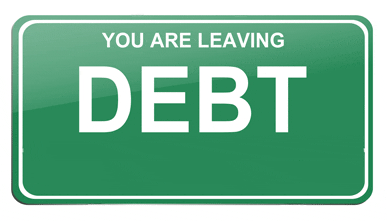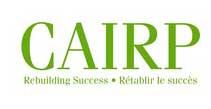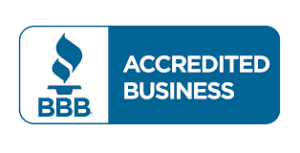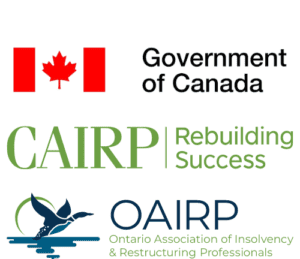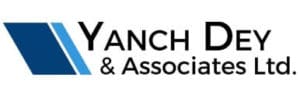Collection agencies work on commission, which means they often use pressure to get payments. Their goal is not to help you manage your finances—it is simply to collect money.
People feel overwhelmed by collectors when:
- The calls become constant, sometimes several times a day.
- Letters arrive with strong wording that creates stress and fear.
- Collectors threaten legal action or wage garnishment.
- Multiple agencies contact you for different debts.
- Your financial situation cannot support their demands, no matter how hard you try.
A consumer proposal stops this pressure and puts you back in control with a legal solution.
How a Consumer Proposal Stops Collection Calls Immediately
When a proposal is filed, the law requires all collection agencies to stop contacting you with whats called a “Stay of Proceedings“. This is not optional—they must follow federal legislation.
The benefits start right away because:
- All phone calls must stop the moment the proposal is submitted.
- Letters and emails must stop, even if they were already sent.
- Collectors must speak only with your trustee, not with you.
- Collectors cannot pressure you for payment during or after the proposal.
- You get breathing room immediately, often on the same day.
This gives you space to focus on a real financial plan instead of stressful demands.
How a Proposal Protects You From Lawsuits
Creditors sometimes use court action when collection attempts fail. A consumer proposal stops lawsuits in their tracks, no matter what stage they are in.
Once the proposal is filed:
- Existing lawsuits are frozen and cannot move forward.
- New lawsuits cannot be started for unsecured debt.
- Wage garnishments must end as soon as your employer is notified.
- Bank account freezes must be lifted once creditors receive notice.
- Court enforcement is halted under the legal stay of proceedings.
The proposal gives you protection that collection agencies and creditors must respect.
What Happens If You File During a Lawsuit
Even if a creditor has already taken legal steps, filing a proposal changes everything. The court process is paused and the creditor has to participate in the proposal instead.
After filing:
- You no longer need to appear in court for the lawsuit related to unsecured debt.
- Your trustee notifies the creditor that the proposal is now in effect.
- Any judgment that has not been enforced is blocked from proceeding.
- Your wages and bank account become protected under federal law.
- The creditor must vote on the proposal instead of pushing the lawsuit.
This gives you a fair and organized way to settle the debt without court pressure.
How Much You Can Save Through a Proposal
Collection agencies and creditors often demand full payment plus interest. A proposal takes a different approach by offering an amount based on what you can afford.
Most people save money because:
- The proposal reduces the amount you must repay, often to a small percentage of the original balance.
- Interest stops completely, preventing the debt from growing.
- Payment is spread over up to five years in small instalments.
- Your budget determines the monthly amount, not the collectors.
- All debts are combined to simplify your financial plan.
This transforms an unmanageable situation into a structured and affordable path forward.
When a Proposal Is Better Than Dealing With Collectors
Trying to keep up with collection agencies rarely solves the problem. A proposal is usually the better choice when:
- You receive repeated calls from one or more agencies.
- Lawsuits or threats of court action are causing worry or stress.
- Your income cannot support the payments collectors are demanding.
- You have multiple debts in collections and need one organized solution.
- You want legal protection instead of temporary payment arrangements.
A proposal provides stability, fairness, and long-term relief that collection agencies cannot offer.


